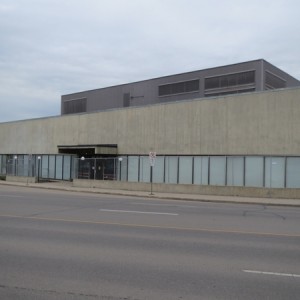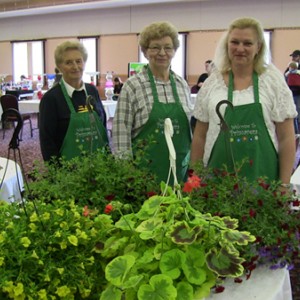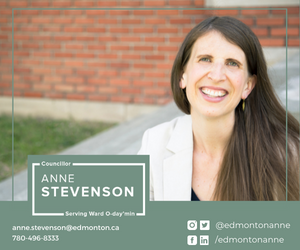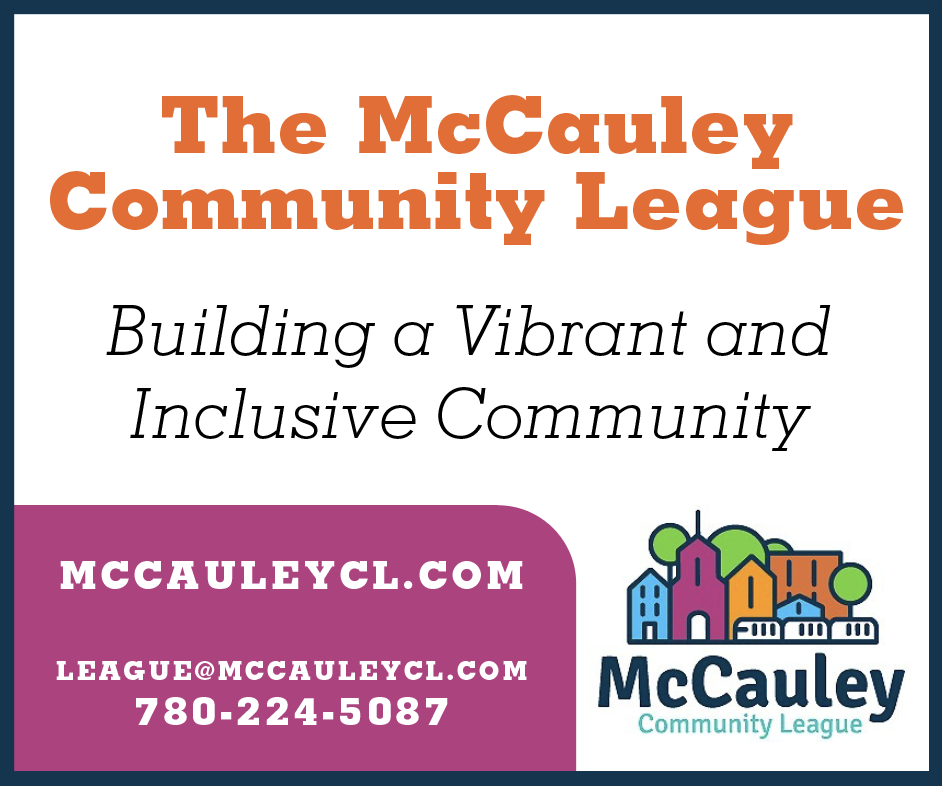Depression in the Elderly
A few months ago I wrote about Post Traumatic Stress Disorder (PTSD). One of the symptoms of PTSD is depression and I noted that in our community there are probably many seniors suffering from PTSD where depression is one of the symptoms. Many try to mask their symptoms though alcohol use. PTSD isn’t the only reason seniors suffer depression. The incidence of depression in seniors is two to three times higher than in younger populations and there are many reasons for this.
The primary reasons for depression in the elderly are ill health and the resulting loss of capacities – mental, physical, and social. Hypothyroidism, heart attack, loss of sight, diabetes, Parkinson’s, Alzheimer’s, MS, and cancer are all diseases which may be risk factors. Unfortunately, depression in the elderly is often not diagnosed, and therefore not treated. Further, the depression can make the impact of these diseases worse. For example, depressed individuals report increased pain levels and may be less likely to make changes necessary to manage these health conditions.
It is estimated 30 to 40% of people in long term care suffer from depression. Moving from your home into a care facility of any kind can be a difficult move representing not just the actual loss of independence, but also the clearest marker of declining capacity. My mother moved into a lodge after she more or less stopped cooking for herself and disliked eating by herself. This move was both necessary and difficult and she went through a long period of adjustment.
The primary reasons for depression in the elderly are ill health and the resulting loss of capacities – mental, physical, and social. Hypothyroidism, heart attack, loss of sight, diabetes, Parkinson, Alzheimer’s, MS, and cancer are all diseases which may be risk factors.
Fortunately, the move to a care facility often means increased social activity and better nutrition. So with time, the mood improves and there can be new vigour and interest in activities. A period of adaptation including depression is normal for any major change in life. A healthy senior would adapt and their mood would improve. But for many, the resulting depression gets worse and requires treatment. Because depression in the elderly can be reoccurring, monitoring and aggressive treatment are good ideas.
Depression in the elderly is often under reported because it is masked by the presence of other health issues (as noted above) and may be complicated by the presence of dementia and communication problems because of hearing impairment. As well, seniors are less likely to seek support and treatment. For many seniors and those around them, depression may be seen as a normal part of aging.
The first step is acknowledgement that something is not right. Those feelings of despair, lack of energy, withdrawal, and loneliness aren’t normal. Talk to someone – your doctor, a visiting nurse. Assessment is the next step. The geriatric clinic at the Glenrose does a thorough physical and psychological assessment and makes treatment, referral, and medication recommendations. Family doctors can also make referrals to that program. The Good Samaritan Geriatric program is also excellent and provides not just assessment, but ongoing support and treatment including day programs to increase social activity. Depression can be treated, but first must be acknowledged by both the senior and their family members and caregivers.








